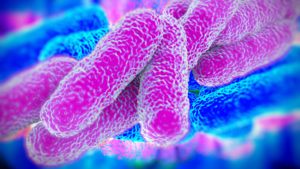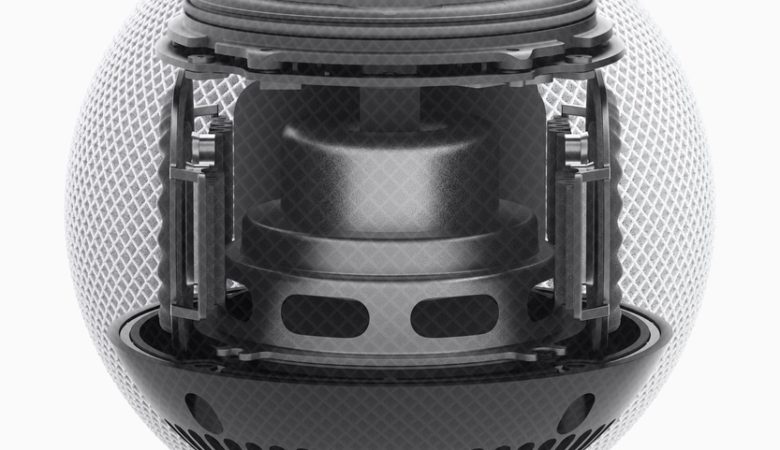Canadian scientists have identified a special bacterium located in our gut that has the potential to create an extremely effective microbiological-immunotherapy therapy for cancer.

Research led by Dr. Kathy McCoy from the University of Calgary’s Cumming Medical School (Canada) has given strong evidence that the gut microbiota can positively affect immunity against natural tumors of the body, thereby improving the effectiveness of immunotherapy in the treatment of certain cancers.
In a recent publication in the scientific journal Science, the authors said that they have successfully tested on three types of cancer, colorectal cancer, bladder cancer and melanoma.
They identified a total of three bacteria that can help boost the strength of T cells (a type of immune cell), through the creation of a small molecule called inosine. This combination helps to increase the effectiveness of immunotherapy.
In experiments on mice with tumors that immunotherapy “blocks hands” on, the scientists made them visibly smaller when the bacteria were treated.
Therefore, incorporating microbiological therapy in combination with immunotherapy can save so many seemingly hopeless patients. Scientists are still continuing to work to find the optimal and cheapest way to incorporate these 3 beneficial bacteria into immunotherapy. They are also working on (in humans) clinical trials to confirm the results.











